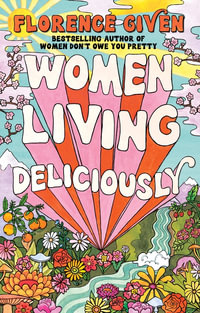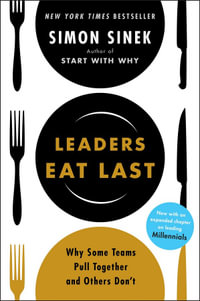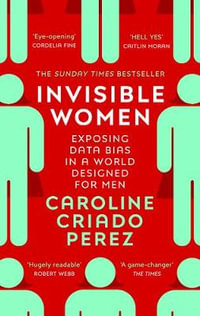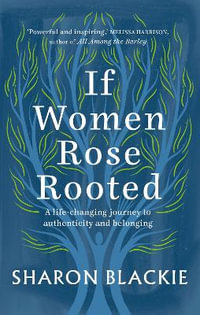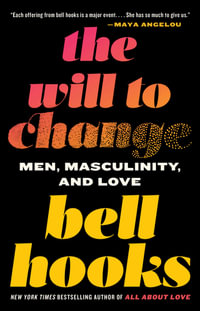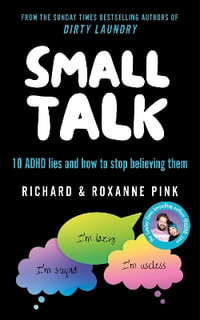The connection and science behind race, racism, and mental illness In 2012, an interdisciplinary team of scientists at the University of Oxford reported that - based on their clinical experiment - the beta-blocker drug, Propranolol, could reduce implicit racial bias among its users. Shortly after the experiment, an article in Time Magazine cited the study, posing the question: Is racism becoming a mental illness? In Are Racists Crazy? Sander Gilman and James Thomas trace the idea of race and racism as psychopathological categories., from mid-19th century Europe, to contemporary America, up to the aforementioned clinical experiment at the University of Oxford, and ask a slightly different question than that posed by Time: How did racism become a mental illness? Using historical, archival, and content analysis, the authors provide a rich account of how the 19th century 'Sciences of Man' - including anthropology, medicine, and biology - used race as a means of defining psychopathology and how assertions about race and madness became embedded within disciplines that deal with mental health and illness. An illuminating and riveting history of the discourse on racism, antisemitism, and psychopathology, Are Racists Crazy? connects past and present claims about race and racism, showing the dangerous implications of this specious line of thought for today. The connection and science behind race, racism, and mental illness In 2012, an interdisciplinary team of scientists at the University of Oxford reported that - based on their clinical experiment - the beta-blocker drug, Propranolol, could reduce implicit racial bias among its users. Shortly after the experiment, an article in Time Magazine cited the study, posing the question: Is racism becoming a mental illness? In Are Racists Crazy? Sander Gilman and James Thomas trace the idea of race and racism as psychopathological categories., from mid-19th century Europe, to contemporary America, up to the aforementioned clinical experiment at the University of Oxford, and ask a slightly different question than that posed by Time: How did racism become a mental illness? Using historical, archival, and content analysis, the authors provide a rich account of how the 19th century 'Sciences of Man' - including anthropology, medicine, and biology - used race as a means of defining psychopathology and how assertions about race and madness became embedded within disciplines that deal with mental health and illness. An illuminating and riveting history of the discourse on racism, antisemitism, and psychopathology, Are Racists Crazy? connects past and present claims about race and racism, showing the dangerous implications of this specious line of thought for today.
Industry Reviews
Gilman and Thomas make their case methodically, with rigorous, far-reaching scholarship. They provide no easy answers but plenty of food for thought amid Americas current crisis in race relations. * Publishers Weekly *
Are Racists Crazy?Is a highly informative book that significantly contributes to a historical understanding of the connection between race and madness. * Patterns of Prejudice *
A tour d'horizon of the historical relationship among race, racism, and mental illness...A sharp contribution to a significant topic that continues to generate heated discussion and debate. * Kirkus *
Truly multidisciplinary, thisbook will be of interest to scholars and educators from a variety of social science disciplines. * Choice *
Gilman and Thomas make a major contribution to racial theory. They study the deep structures of racism, not only in plunder, privilege, and antipathy for the 'other,' but also in the scientific frameworks that seek to explain 'otherness,' sometimes affirming it, sometimes denying it. Locating racism within biopolitics, Are Racists Crazy? sheds new light on such varied matters as implicit bias and authoritarian populism. Most important, this book unveils the inescapable political connections between race and science. -- Howard Winant,author of The New Politics Of Race: Globalism, Difference, Justice
Sander Gilman and James Thomas have undertaken a weighty task; they have provided a framework that helps us to decipher the science behind race and racism. As provocative as the books title is, you will find ample evidence and persuasive arguments for why a reliance on medicalizing racism is not enough in our quest to not only understand it but also to eradicate racism. -- Deirdre Cooper Owens,author of Medical Superbodies: Slavery, Immigration, and the Birth of American Gynecology
Sander Gilman and James Thomas have provided a unique intellectual and political history of racial theorizing and have generated a virtual & cognitive road map of how anti-Semitism as leitmotif has played such a powerful, even dominant role in the way scholars and researchers have approached the subject matter, whether in Europe, the United States, or South Africa. Few works even attempt to piece together so much material, while pulling a convincing thread through a sustained argument. -- Troy Duster,author of Backdoor to Eugenics
Are Racists Crazy?makes a strong, richly documented historical case for medicalization. * Anti-Semitism Studies *


